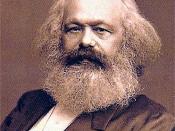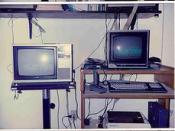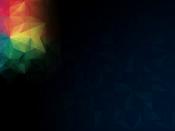Knowledge is power, and never more so than in the contemporary world. It is shaped by and in turn, shapes society. As we move from an industrial to a consumer society, knowledge is the new 'labour'. It is commodified, that is bought and sold on the free market system. There are many sources of knowledge, all with their own experts, such as medicine, science, politics, religion, and even common sense. They are written about in, and shown or talked about on television, radio, magazines, newspapers and the Internet. The experts espouse views that are arguably authoritative, objective and factual. Most expert knowledge is socially sanctioned and legalized by governments. It has developed over the centuries through individuals, institutions and societies. It changes over time and within different societies, and can be gendered by the exclusion of women, and inclusive by using specialized languages and procedures. I shall use the theories of Foucault and Popper in explaining the production and status of knowledge.
Medical science and the environment will be used to illustrate the fact, that although we, as a society, are much more intellectually advanced than a century ago, we are having to ask the question, can we still rely on knowledge from experts, or are we more uncertain and distrustful of them. We are challenging the old 'taken for granted' knowledge systems, and seeking new ones that may answer our questions in a more enlightened and democratic way. For instance green thinking or ecologism and alternative medicines, are vying for position against the traditional political ideologies and orthodox medicines
Expert knowledge uses specialist language. Latin was compulsory for anyone studying medicine; this set it apart from, and gave it a higher status than common sense knowledge. Institutions like the Royal Society, was set up by Charles 11 in...


